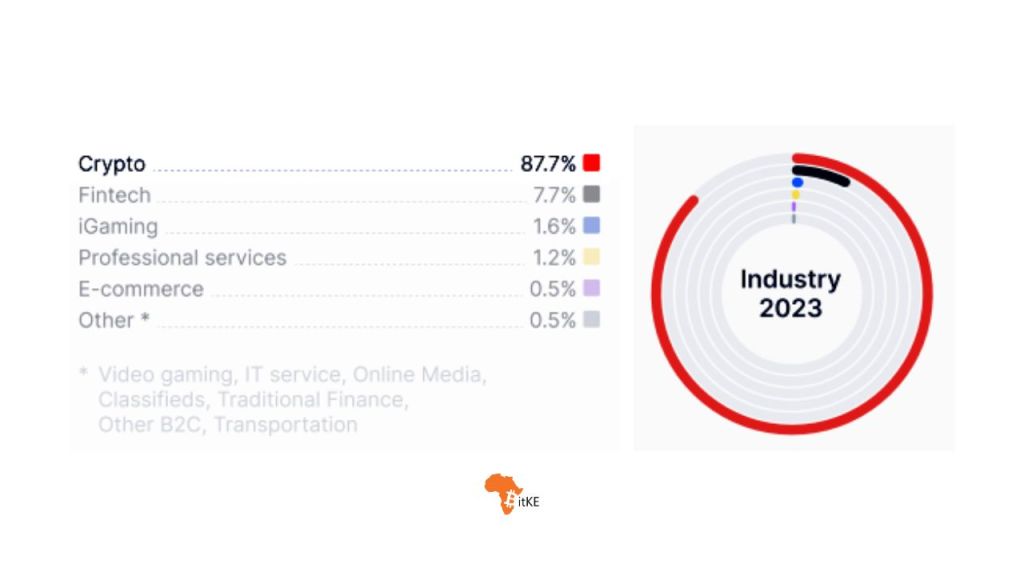Identity fraud is becoming an escalating concern for individuals and businesses in the Middle East and Africa (MEA), a new report shows.
The Sumsub Identity Fraud Report 2023 indicates:
- A significant increase in the rate of identity fraud in Ghana, more than doubling from 2022 to 2023, rising from 0.64% to 1.74% of all verification checks.
- ID cards remain the most frequently exploited for identity fraud, accounting for nearly 75% of all fraudulent activities involving identity documents. The Ethiopian driver’s license has had the world’s fastest growth in forgery cases.
- Additionally, Tanzania, Kenya, and Nigeria ranked in the top three countries in the MEA region with the highest fraud rates, standing at 3.31%, 3.20%, and 2.95%, respectively.
The region has witnessed a staggering average annual increase of 450% in AI-driven deepfakes.
- South Africa takes the lead with a remarkable rise of 1,200%
- Nigeria experienced a 700% increase

Together, these two countries account for 31% of all deepfake attacks in the region.
“Depending on their skills, fraudsters can try to deceive the system in a variety of ways – from simply wearing a mask to creating complex deepfakes, which use machine learning to either generate a fake persona or impersonate an existing person using manipulated photos and videos of them.” – Pavel Goldman-Kalaydin
According to SumSub, the widespread accessibility of this technology has made it easier and cheaper for criminals to create highly realistic audio, photo, and video manipulations, deceiving individuals, and fraud prevention systems.
The crypto sector stands out as the absolute leader in deepfake cases, followed by fintech. The sector’s digitized nature, potential for significant financial gain, and ongoing regulatory challenges create vulnerabilities that fraudsters exploit.

This news is republished from another source. You can check the original article here

